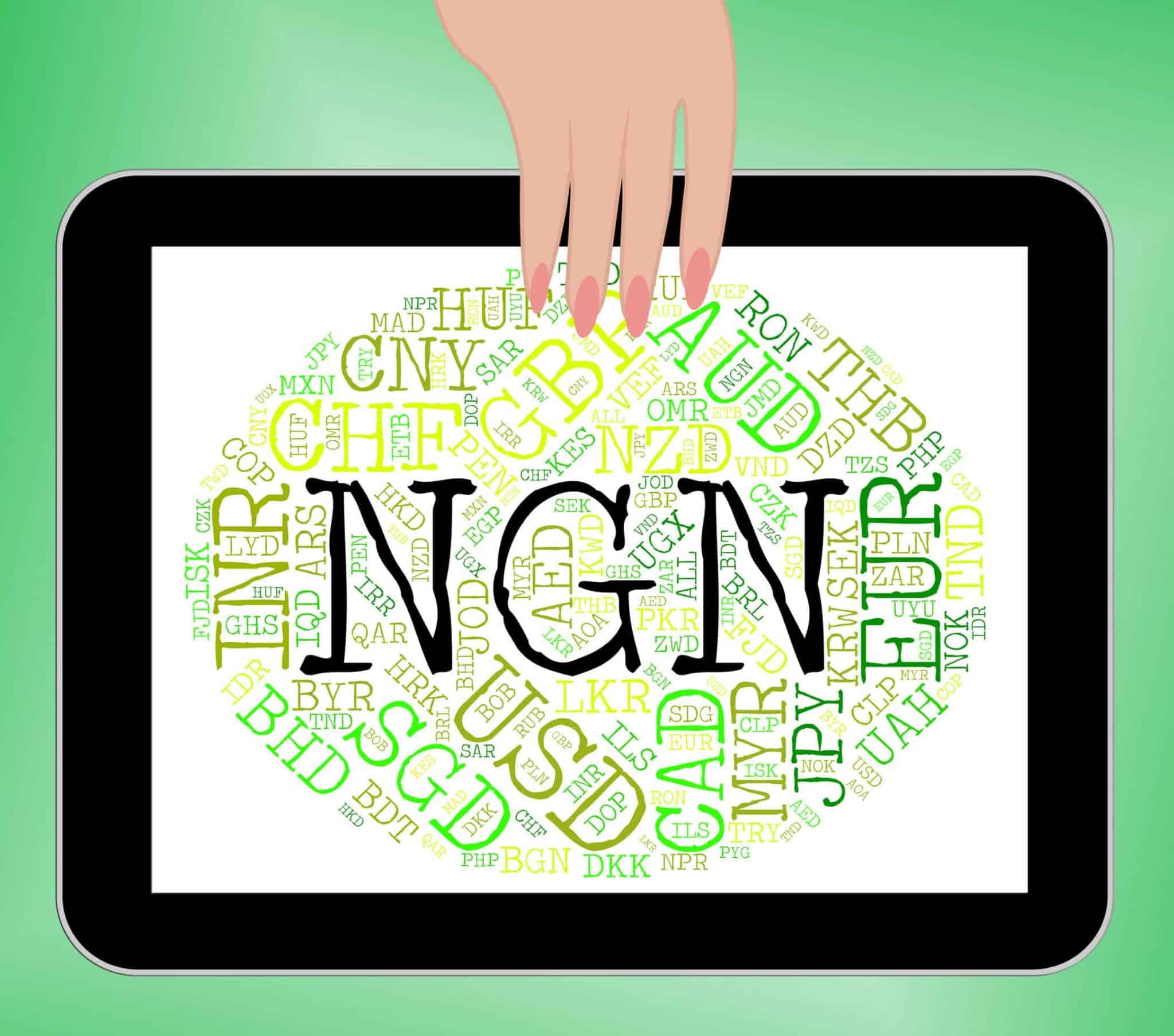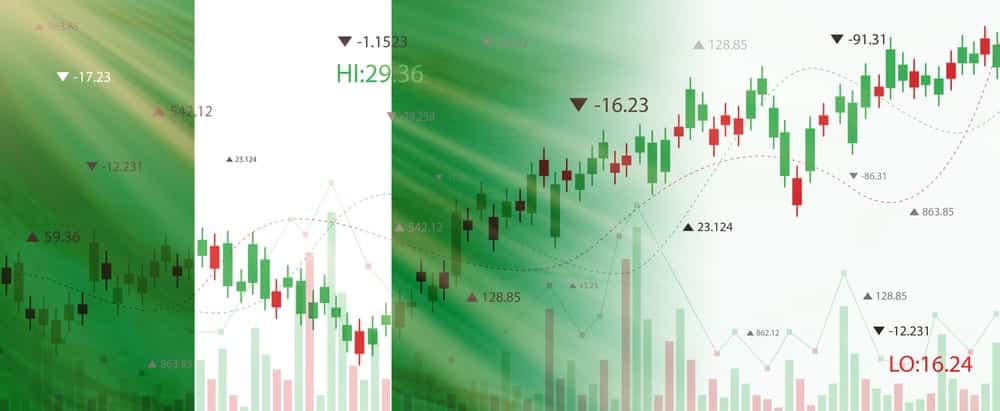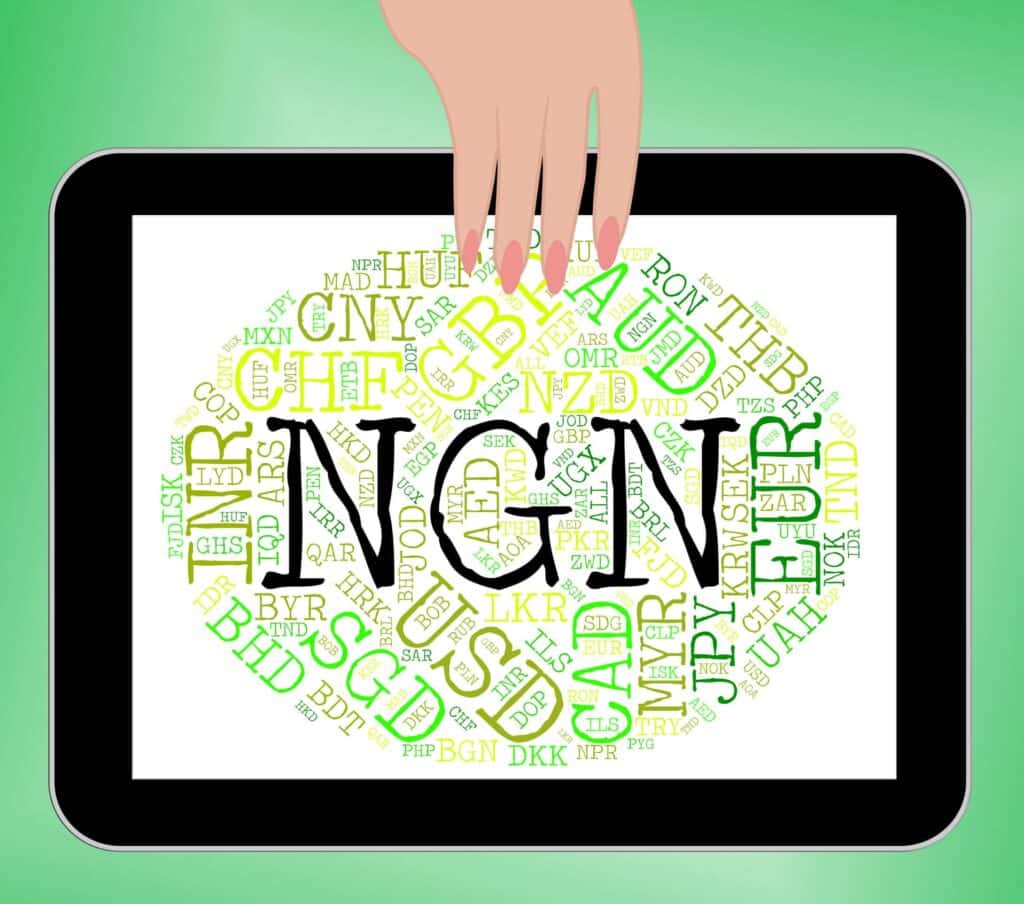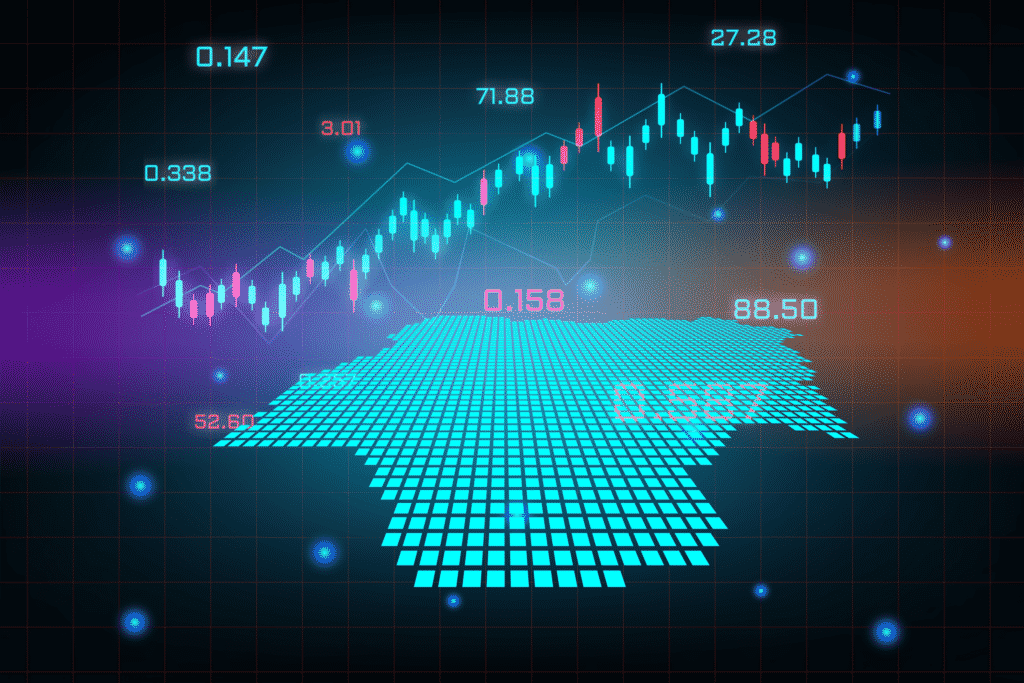
Congratulations! The fact that you are visiting this website is evidence that you are already thinking like a veteran foreign exchange trader. Forex trading in Nigeria can be exciting and dealing in the world’s largest financial market can undoubtedly be profitable; however, the market is known for violent swings with little warning.
Learning how to deal in this topsy-turvy world requires patience, knowledge, and the ability to control your emotions when under pressure. Seeking the counsel of experts is the only shortcut for experience. It can pay dividends down the road.
You may be asking yourself how to start forex trading in Nigeria, but a better question would be how do I prepare myself for trading forex in Nigeria? With Covid-19 causing many people to spend more time at home, thousands of “wannabe” traders have flocked to the forex arena to make some extra cash while sitting in their comfortable homes.
The fact is that forex trading is not an easy option. It is high risk, which means that specialized training is necessary to profit from this activity. Studies have shown that nearly 60% of beginner forex traders fail in three months after losing their stake in the game, while another 30% continue for another three months. After six months, the remaining 10% of the stalwarts become veterans.
Why are the casualty rates so high? Many individuals are drawn to forex trading because it looks, feels, and smells like the latest form of online legalized gambling. Websites tend to cloak everything in investment terminology, but this crowd is more interested in a quick payoff, and it had better be a large one. Forex trading is not legalized gambling. It is a skill set that must be learned and then practised until it is routine. A step-by-step trading strategy is a must.
Why is there a need for a step-by-step plan when you trade? When you are in the heat of battle with real money on the line, your mind can and will play tricks on you. When do I close a position, the first decision after creating one? Beginners typically close their positions often too early or hold onto losing positions for too long. Neither approach will benefit you, but there is a psychology to trading. A step-by-step plan is a tried-and-true way to block your mind from interfering with your best-laid plans for success in forex trading.
Why trade forex in Nigeria?
Trading forex pairs in Nigeria has grown in popularity over the past decade as the process has become more simplified. The success of the Nigerian economy has also helped. Growth has broadened the middle class and increased the amount of disposable income available for trading and investing. The Covid-19 pandemic, however, has put a damper on this success story, causing the deepest recession in two decades. Still, citizens are hopeful that improving oil prices and “the policy response of Nigeria’s authorities will be crucial to lay the foundation for a robust recovery”.

Nigerian traders also tend to favour foreign exchange trading over the suddenly popular market for cryptocurrencies that have swept the globe in the past year. Observers of this trend note that Nigerians appreciate the presence of regulatory oversight, something that has yet to mature within Crypto-Land. The abundance of online brokers marketing their services in Nigeria also plays a significant role in persuading traders that the forex market can be tamed. Still, the crypto market has even greater risk potential, a cause for even higher casualty rates.
Who regulates Forex Trading in Nigeria?
Forex trading is a relatively new activity in Nigeria. It is legal to trade currencies, and there are government regulations that traders and brokers must adhere to, but regulatory oversight is considered light by global standards. The Central Bank of Nigeria (CBN) is the national regulator. The CBN sets rules and guidelines for brokers to protect their clients, and profits are also taxable. Nigeria’s national currency, the Naira (NGN), is no longer a floating exchange rate.
The CBN has been fixing the rate from time to time by what is called the “NAFEX”, the Nigerian Autonomous Foreign Exchange Rate Fixing mechanism. The Nafex rate is used for import/export, while the Naira is the domestic currency. The CBN has taken steps to bring stability to the Naira and stem the inflation tide. The Covid-19 pandemic adversely impacted the nation’s foreign reserves due to falling oil prices, and the CBN acted.
Considering the possibility of more restrictive currency controls, it would be prudent to discuss this matter with your local banker to ensure that you will not run into roadblocks when you wish to fund a forex trading account. Using a local brokerage may facilitate a smooth transition. Still, several online global forex brokers can give you an excellent trading experience on a state-of-the-art trading platform.
Related Articles
A step-by-step guide how to start trading Forex in Nigeria
Experienced forex traders may wish to look elsewhere, but a beginner will benefit from the following five steps as early guidance. Patience and persistence are necessary from the start. There is no need to rush into trading. Take your time and follow these steps to the letter.
- Choose a Broker: Your first task is an important one – choosing a safe and secure online broker that has your interests at heart. There are hundreds to choose from, but some stand out from the crowd more than others for several reasons. For example, large global brokers like the IG Group have been around for quite a while, are very well-respected and regulated. You also need to select a broker that provides a free demo system platform for practising. Veterans got to be that way by practising for hours. Practise time is paramount for becoming familiar with the broker’s platform, learning how to execute orders, open and close positions and use technical indicators. Test your strategy and learn how to make money.
- Open & Fund an Account: Brokers will request certain personal ID information to verify identification in compliance with international law. Do not be put off. Following approval, you will be asked to fund your account and choose a base currency, typically USD, GBP, or EUR. It is recommended that you begin with a small funding amount. When you are comfortable, increase your balance.
- Make Your First Trade: Are you ready to conduct your first trade? Have you completed your preparation? At this juncture, most casualties in the forex space jump in with both feet and begin buying currency pairs right and left. Do not make this common mistake. Instead, follow these bulleted points before your first real-time trade:
- Preparation: Read up on the topic. Your goal is awareness.
- Information: Learn the difference between fundamental and technical information. Technical indicators can help you find what are called optimum set-ups. To win at forex, you need to tip the odds in your favour. Technical indicators can do this.
- Practise: Practise, practise, and then practise some more. Veteran traders swear by their practise regimens.
- Strategy: Your goal is to find optimal trading situations where the odds are in your favour. A step-by-step trading strategy is the ticket. For example, one basic strategy takes two moving averages, one for 20 and one for 50 time periods. When the lines cross, pricing behaviour will typically go in a new direction. Practice this strategy on your demo platform.
When you feel prepared, create a small position in the “EUR/USD” pair, the most heavily traded pair in the market. Follow your strategy. Feel how your mind attempts to influence your movements. Allow your plan to take over and guide your actions.
- Manage Your Risk: Wise risk management principles will ensure that you do not lose a significant portion of your stake. Losing streaks happen. You want to come back from them, not stop dead in your tracks. Practise these rules, too.
- Enjoy Your Process: Follow your plan. Learn to celebrate wins and to accept losses. Every trader has losing trades. The objective is to have a positive “net” gain over time and enjoy what you are doing. Do not beat yourself up when the market gets erratic. It is the nature of the beast.
The Best Forex Brokers in NIGERIA
| Broker | Features | Regulator | Platforms | Next Step | |
|---|---|---|---|---|---|
 Between 74-89% of CFD traders lose
Founded: 2010 Between 74-89% of CFD traders lose
Founded: 2010Between 74-89 % of retail investor accounts lose money when trading CFDs |
|
ASIC, FCA | MetaTrader 4, MetaTrader 5, cTrader | ||
 Your capital is at risk
Founded: 2006 Your capital is at risk
Founded: 2006Europe* CFDs ar... |
|
ASIC, FSA, FSB, MiFID | MetaTrader4, Sirix, AvaOptions, AvaTrader, Mirror Trader | ||
 Your capital is at risk
Founded: 2014 Your capital is at risk
Founded: 2014 |
|
FSPR | MT4 | ||
 Your capital is at risk
Founded: 2009, 2015, 2017 Your capital is at risk
Founded: 2009, 2015, 2017 |
|
ASIC, CySEC, IFSC | MT4 Terminal, MT4 for Mac, Web Trader, iPhone/iPad Trader, Droid Trader, Mobile Trader, MT5 | ||
Concluding Remarks
Forex trading is popular in Nigeria, especially among women. As appealing as this activity is, preparation and patience are the keys to success. Study the process. Read articles on this website. Choose a safe forex broker and practice on its free demo system. Lastly, enjoy the process, and remember there is always another opportunity in forex just around the corner.
Forextraders' Broker of the Month
BlackBull Markets is a reliable and well-respected trading platform that provides its customers with high-quality access to a wide range of asset groups. The broker is headquartered in New Zealand which explains why it has flown under the radar for a few years but it is a great broker that is now building a global following. The BlackBull Markets site is intuitive and easy to use, making it an ideal choice for beginners.


